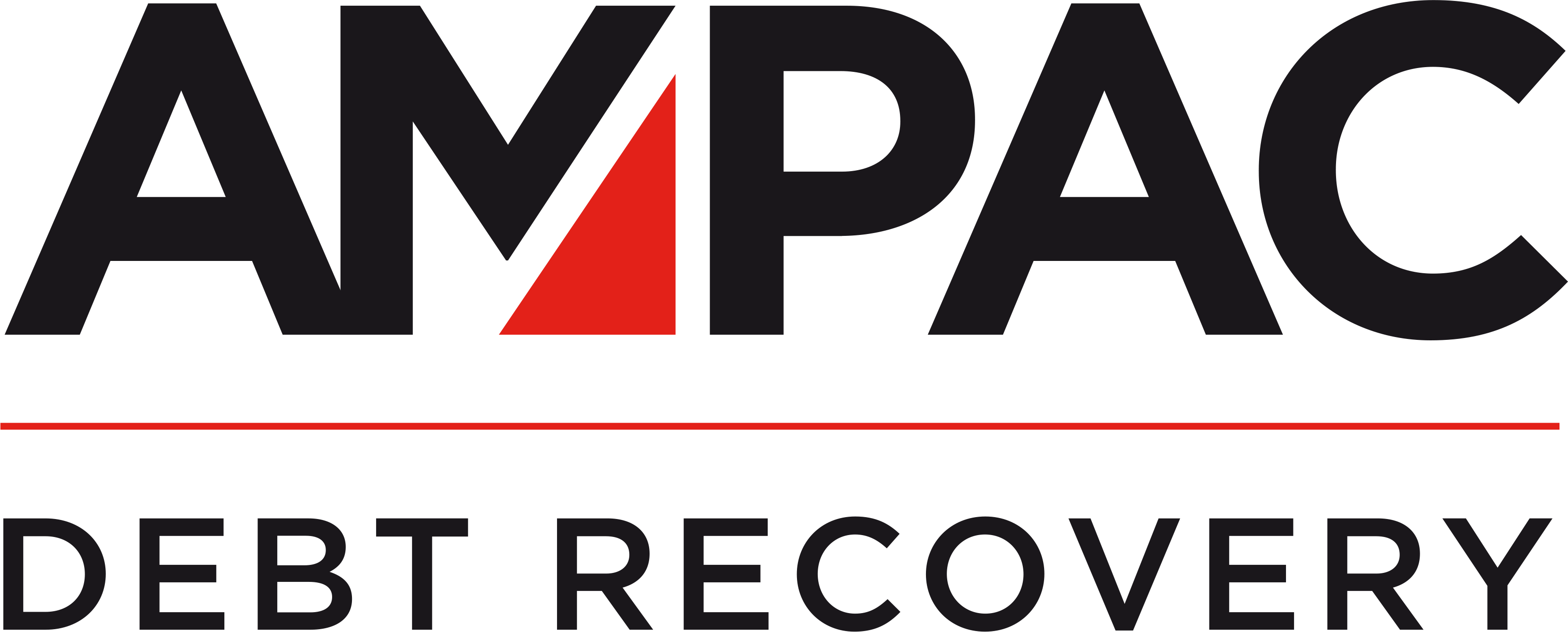Home / Don’t be left standing when the music stops
In the course of our work, the team at AMPAC regularly speak with insolvency practitioners, banks and other lenders, senior managers within Local Government, as well as credit professionals across the entire spectrum of business in Australia. Like you, we are trying to understand more about what lies ahead for the Australian economy, particularly those industry sectors that have been most affected by the pandemic.
Subtle changes in their approach to overdue debt by major creditors such as the ATO, the banking sector and commercial landlords in the coming months have potential to significantly affect the economy and contribute to a rise in insolvencies and an increase in bad debts. Despite all the upbeat news about the seemingly endless rise in property prices, the booming share market and the undeniable success Australia has enjoyed in containing the worst of the pandemic, there will be a price to pay for the massive increase in Australia’s debt levels and the forbearance of significant creditors in agreeing to defer massive amounts of debt for an extended period of time.

In early 2020, the ATO virtually halted its debt recovery and lodgement campaigns which reflected in a 10.3% reduction in company tax collections for the 2020 financial year. In total, net tax collections for the year were down $21.2 billion on the prior year which was a reflection of both the impact of the early stages of the pandemic on economic trading activity, as well as an easing by the ATO of debt recovery, audit and lodgement monitoring activities.
The ATO has signalled that whilst it will continue to support taxpayers (corporate and individual) it will gradually recommence debt recovery, audit and lodgement campaigns against tax payers that have fallen behind. A payment arrangement struck with the ATO can be a double edged sword for many businesses, as not only does the tax payer have to meet the agreed payment dates for the debt under arrangement, they also have to keep up to date with their regular PAYG and reporting commitments. This means that in most cases the tax payer is paying double for the privilege of entering into an arrangement to clear the overdue component. In the case of an organisation already struggling due to the pandemic, this may be too much for them to manage.
Sometime soon, the major banks and finance companies will also have to resume normal debt collection activity in order to meet their various targets, including the superannuated public’s expectation that the banks produce strong results. After all, almost every Australian has at least one of the banks in their superannuation portfolio.
On another front, around the time the pandemic was declared, special Regulations were introduced in each state to support commercial tenants and maximise the number of businesses that would be able to resume normal operations once the public health measures were lifted. Organisations that were able to demonstrate the requisite decrease in turnover were eligible for rent relief, either by way of a deferral or waiver of a portion of their rent. The deferred portion was typically added to the remainder of the lease resulting in either a negotiated extension of the lease term, or an increase in rent towards the end of the lease period. In recent months however, many organisations have discovered that they can do without the vast amounts of commercial office space in favour of providing more flexibility to their people and at the same time significantly cutting what is often an organisation second largest expense – rent.
At some point in the not too distant future, both commercial and residential landlords will be expecting their tenants to return to paying their usual rent as they themselves cannot afford to go without their forecast rental income indefinitely.
Local Councils throughout Australia also swung into action to support their constituents with payment plans and deferrals of rates and other charges. At the same time, almost every Council in Australia ceased all debt recovery activity. In the case of rates, the debt is never forgiven, it may however, at the discretion of Council, be deferred until a later date. On top of that, where rates remain outstanding, there is a legislated charge over the land which means in the case of insolvency, Councils rarely miss out on their money.
We are just now seeing Local Government start to recommence debt recovery activity, but instead of one year’s rates that are owed, in many cases it will become two or more years of rates they are chasing.
When the ATO decides it’s time to get serious about overdue debt, they have access to information that is not available to other credit providers. They also have special powers which enable them to issue a Directors Penalty Notice and attach their debt to the directors and their personal assets without holding a personal guarantee. This is usually not such good news for ordinary unsecured creditor.
When a bank or other financial institution decides it’s time to call in their debt, the security provided by the company and its directors often exceeds the amount of the debt and their paperwork is impeccable. This is also not good news for unsecured creditors as they are left to fight over the scraps which usually doesn’t amount to much.
When the commercial real estate market is finally impacted by the trend, particularly amongst large organisations in the financial and business services sector, to encourage their staff to either work from home or from their clients premises, landlords will be left contemplating the long term value of their investments. On top of that, certain industries that have been hardest hit by the pandemic will simply be unable to return to normal and will eventually fail. At least the commercial landlord has a bank guarantee to fall back on, but this again, is not so good for unsecured creditors.
Commercial credit providers should be mindful of the oversupply of good economic news and remain cautious in terms of their credit risk management. The removal of the JobKeeper subsidy is a little over a month away, and there are already signs that major creditors are starting to turn up the heat on unpaid debts. For unsecured creditors, this means taking swift action where you have assessed a customer as high risk and likely to default.
Just like in the game of musical chairs, when the music stops someone will always be left without a seat.
To learn more about AMPAC’s services and how we can assist your organisation, call us on
1300 426 722 or email sales@4ampac.com.au

Do you have debt that needs recovering? Are you unsure on where to start? Contact AMPAC Debt Recovery for solutions today and speak to one of our qualified consultants to get you started.
Please fill in your details below to get instant access to Selecting the Right Collection Agency for Your Business